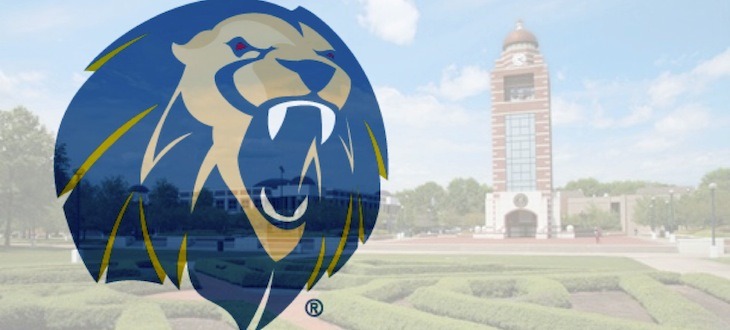Voters reject extension of sales tax for UAFS
by November 3, 2020 11:20 pm 1,216 views

Sebastian County voters said no to a proposed Sebastian county-wide ¼ cent sales tax to support the University of Arkansas at Fort Smith in Tuesday’s (Nov. 3) general election. Unofficial results showed 20,107 (43.55%) for the tax and 26,068 (56.45%) against.
When Westark College joined the University of Arkansas system and set to transition to a four-year institution, the college was no longer eligible to receive millage revenue. Sebastian County voters approved a ¼-cent sales tax to go into effect Jan. 1, 2002, the same day the institution became the University of Arkansas at Fort Smith in order to help fund the transition and growth of the university. That sales tax sunsets Jan. 1, 2022. Arkansas Act 1087 of 2013 gave UAFS the authority to request a sales-tax extension for 10 years.
“(The results) speaks to the fact that voters believed what they were sold, that this was a temporary tax and that they believe we have done our obligation and now it is time for the state to pick up its responsibility as it has for the University of Arkansas at Fayetteville, the University of Arkansas at Pine Bluff and the University of Arkansas at Little Rock,” said Fort Smith Attorney Joey McCutchen, who represented the Citizens Against Unfair Taxes, a group formed against the tax.
McCutchen said the tax was regressive and hit the working poor, families putting food on the table for children and the elderly the most. McCutchen also said Tuesday’s results showed that voters want transparency and accountability for their taxes. He said the tax has brought in more than $75 million over the past 20 years and people want to know what the university has done with that money.
UAFS has used sales tax dollars to help fund many renovations and additions needed for a four-year university, UAFS Chancellor Dr. Terisa Riley previously said. The funds also have provided the ability to improve and create facilities that are required for four-year degree programs such as laboratories, academic success center, and other outstanding facilities, Riley said.
McCutchen said the vote against the tax was not a vote against the university.
“We have always supported the university. We continue to support the university,” McCutchen said. “This has never been about an economic engine. We believe the university provides jobs, stimulates the economy and puts dollars back in the community, and we believe it will continue to do that. It just just needs to do so without the community paying the bill.”
Riley said the university will regroup and consider their options, one of which could be to hold a special election to take the question before the voters again. As long as voters approve the tax extension by September 2021, it can continue for 10 more years, she said. She does not know if that will happen. It is merely a question her team will need to consider, she said.
“It was a tough situation. I am not allowed to advocate for the tax. I can only give information,” Riley said. “Coming to the voters during a global pandemic is tough. They are worried about their income and every penny counts. And it will continue to do so for the students at UAFS.”
